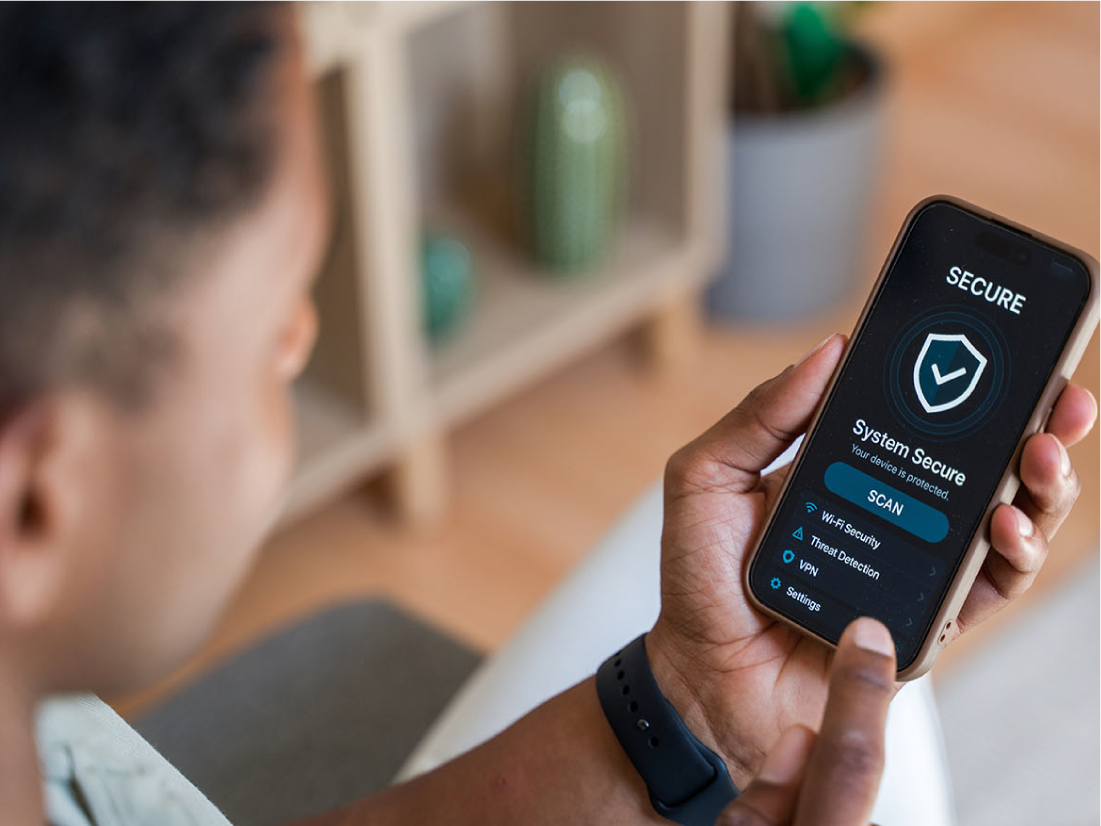16 billion login credentials were leaked in the largest password breach ever in June 2025, per Cyber News. Google, Apple, Facebook, and just about every major online service were affected. The data in question isn’t from old breaches. These were newly stolen usernames and passwords, many of which had never been leaked before.
In a digitalized world, this won’t be the last breach. It’s important to build the right habits and tools to put your financial security first.
Digital Self-Check
Think of this like a security audit. It’s a quick, high-value exercise.
- Change Your Passwords
If you’re using the same password on multiple sites, it’s time to change that. Start with your most sensitive accounts, including email and banking accounts. Use strong, unique passwords with a mix of uppercase, lowercase, numbers, and symbols. Update sensitive passwords, like banking or healthcare, at least once a year. - Turn on Two-Factor Authentication (2FA)
This adds an extra layer of protection by requiring a second step when logging in. Options often include SMS codes sent to your phone, email codes, or an authenticator app. It makes it much harder for someone to access your account with stolen data. - Check Your Accounts for Suspicious Activity
Log into your financial accounts and review your recent transactions. Set up alerts for any unusual activity. In the future, if something looks off, report it right away. - Avoid Using Email to Sign Into Everything
Although it’s tempting to log into new websites and apps with your connected Google or Apple login, if those accounts get compromised, every connected app goes down with them. Make the extra effort to create a unique login and save it in your password manager. - Avoid Public Wi-Fi Without Protection
Banking or shopping on public wifi, which is more often than not unsecured, is a risky practice. It’s recommended to use a VPN or switch to mobile data for sensitive tasks. Downloading and setting up a VPN will pay off and keep your information private. - Set Up Account Recovery Plans
Double-check your backup email, phone number, and trusted contacts on all major platforms in case of a breach or if you are locked out of your account. Without a recovery method in place, getting back into your account can take days or might not be possible at all.
Tools That Keep You Safer
Remembering every username and password yourself is unreasonable, and making notes on your phone can be messy. Lean on tools that make staying secure easier and streamlined.
- Password managers like Dashlane, 1Password, or Bitwarden can create and remember strong passwords for you. They connect to where you shop, bank, and browse. Passwords fill in automatically or are easy to copy with one click.
- Passkeys are an even more secure option and are quickly becoming an industry standard for security. They replace passwords entirely and let you log in using biometrics like your face or fingerprint, or a connected device. Many sites now support them, making secure access faster and easier than ever.
Cybersecurity as a Part of Financial Wellness
Protecting your peace of mind and protecting your accounts is key to safeguarding your financial wellness at all levels. Just like budgeting or checking your credit score, it’s something worth doing regularly.
Regardless of the technical language used in the news, you don’t have to be an expert to take control of your financial situation.
We’re here to help. Visit our guide with 10 Key Tips to Protect Your Identity for more information.
Stay smart, stay safe, and stay ready!

